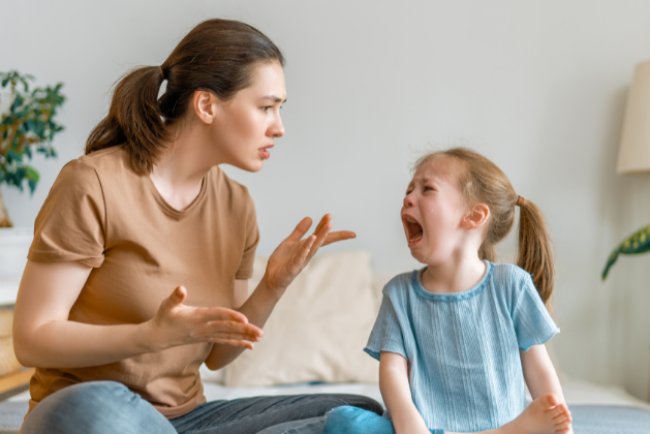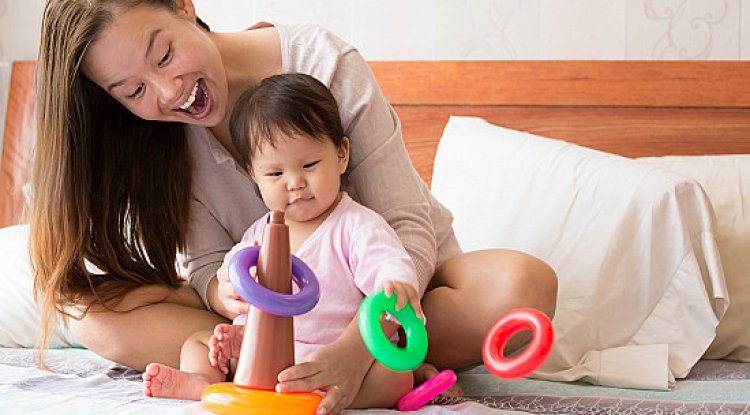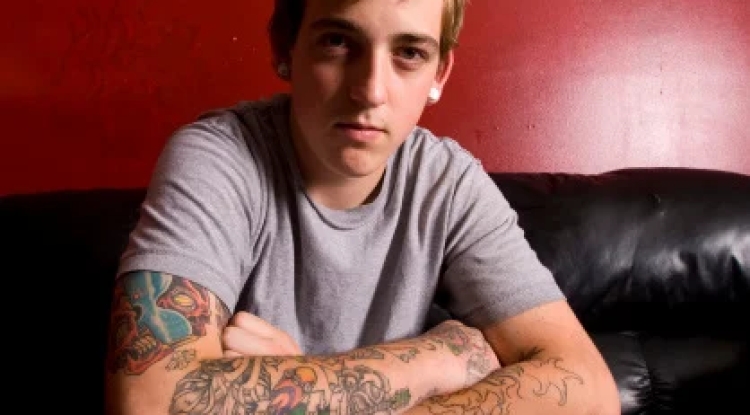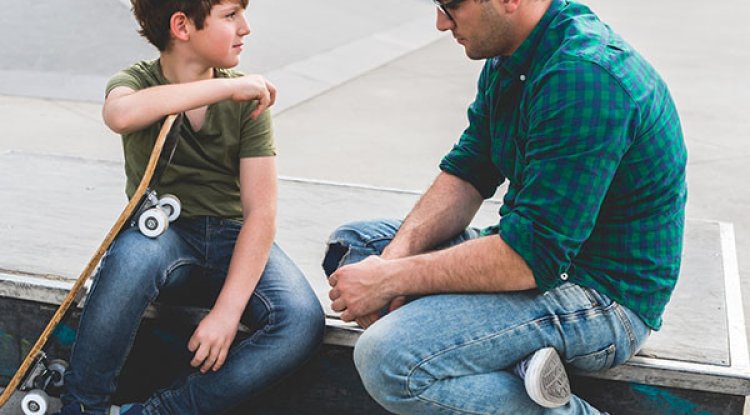Peanut Allergy in Kids: A New Treatment That Could Save Lives
For many parents, a peanut allergy diagnosis feels like walking a tightrope every single day. Just one accidental bite — even the tiniest crumb — can send a child into anaphylaxis, a severe and potentially life-threatening allergic reaction.
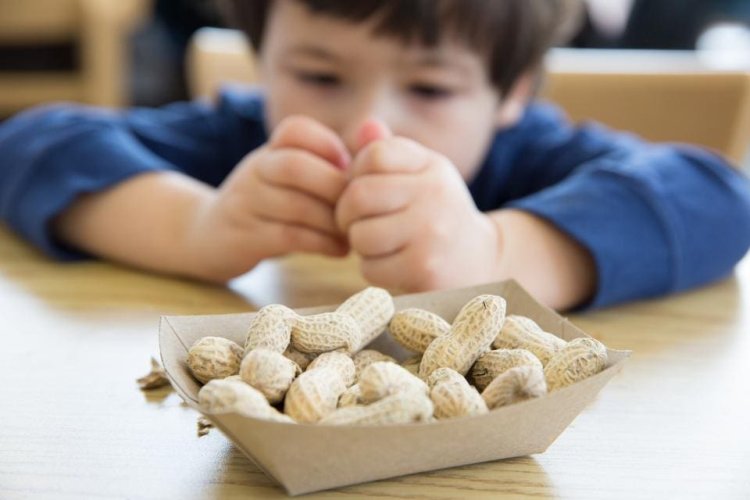
Peanut allergy isn’t rare. Food allergies affect 5% to 8% of US children, but peanuts top the list for triggering the most dangerous responses. And unlike some allergies kids can outgrow, peanut allergy often sticks around.
Why Peanut Allergy Can Be So Dangerous

“When you have an allergy,” explains Dr. Andrew MacGinnitie, clinical director of immunology at Boston Children’s Hospital, “your immune system mistakes something harmless like peanut protein for a serious threat.”
Your body responds by releasing histamine and other chemicals to fight off the “invader.” Sometimes that’s helpful, like when sneezing clears pollen or vomiting expels spoiled food. But in severe allergic reactions, the immune system goes overboard, flooding the body with chemicals. That can cause:
Hives and swelling
Vomiting and stomach pain
Trouble breathing
Dangerous drops in blood pressure
Without fast treatment, this chain reaction can be deadly.
Can We “Re-Educate” the Immune System?

Doctors have long used allergy shots to train the immune system to ignore certain triggers like pollen or insect venom. But when researchers tried the same with peanuts, it proved too risky.
In a landmark 2019 Lancet study, 85% of participants could eventually eat the equivalent of one peanut (300 mg of peanut protein) without a severe reaction.
That might not sound like much, but for families managing peanut allergy, it’s huge. It’s not about turning kids into peanut butter lovers it’s about protection against accidental, trace exposure. Think: a bakery item that brushed up against peanuts in the display case.
Palforzia is the first peanut allergy medication approved by the FDA.

This research helped create the FDA-approved oral drug Palforzia, which is derived from peanut flour. It’s available for children ages 4 to 17 and works like this:
Start small – An initial tiny dose is given under medical supervision.
Go slow – Over several months, the dose is gradually increased in clinic visits and continued at home.
Maintain daily: Children take the medication every day to stay protected after reaching the 300 mg goal dose.
The Catch: It’s Not a Cure
Here’s the tricky part if a child stops taking Palforzia, the protection fades. And the process isn’t without risks:
20–25% of children have anaphylaxis during treatment about three times more than if they avoided peanuts completely.
Due to these risks, the treatment is not suitable for all children or families.
Prospects for Further Research on Peanut Allergies
Softer substitutes like a peanut protein skin patch, which is now being studied, offer hope. Although preliminary research suggests fewer adverse effects, it might not be as effective as oral drug.
If Your Child Is Allergy to Peanuts...

Never attempt adding peanut flour on your own; without medical supervision, even little amounts can be harmful. Consult your child's pediatrician or allergist regarding:
Whether oral immunotherapy is a good fit
The risks and benefits for your child’s age and allergy history
Possible alternatives or ongoing research trials
Bottom line: Palforzia isn’t a magic cure, but for some families, it can provide a critical safety buffer against accidental exposures.The best course of action is always determined by your child's medical needs, your family's comfort level, and a close working relationship with a trustworthy doctor.
What's Your Reaction?








